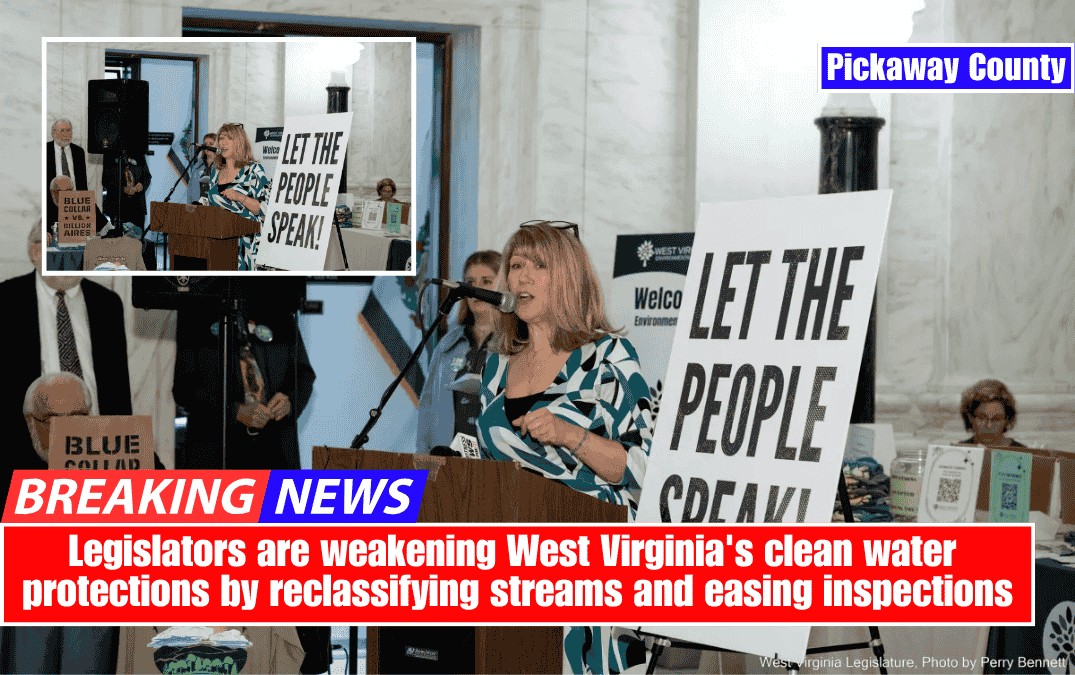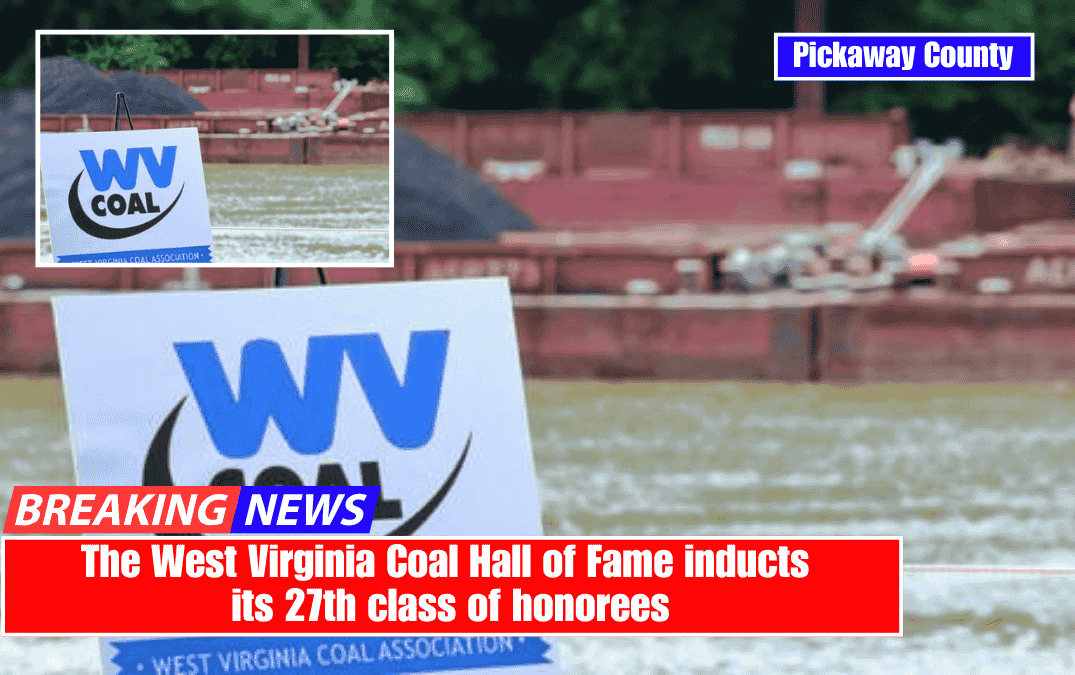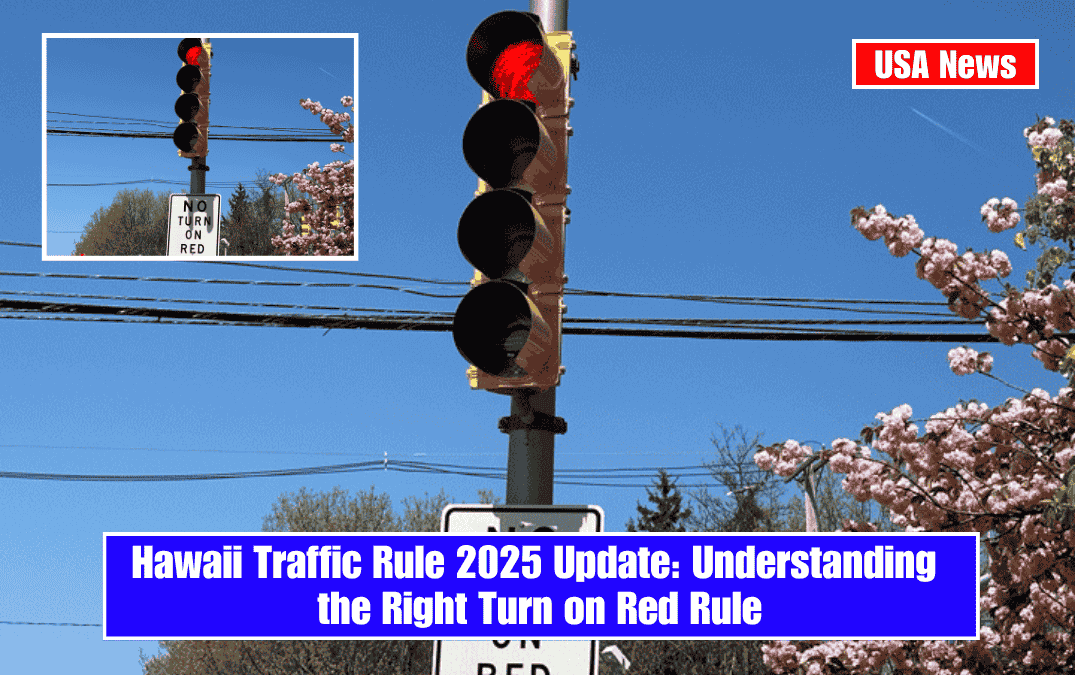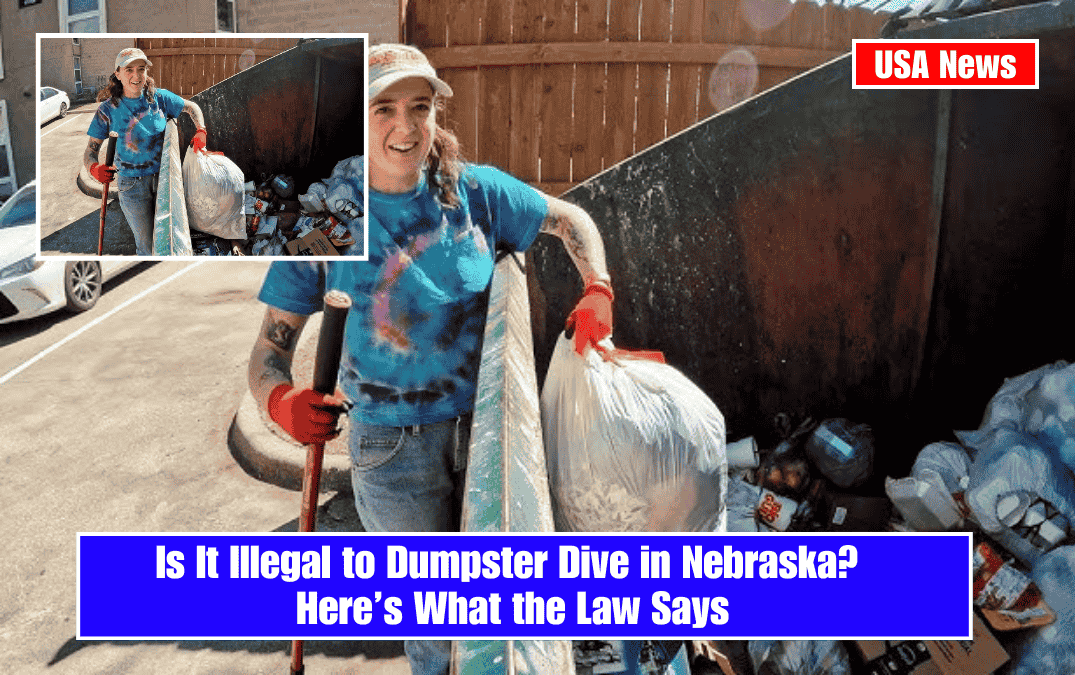McDowell County residents have reported “black, filmy tap water as they rely on bottled water, costing over $100 a month,” according to Jennie Smith, who testified before lawmakers earlier this month about failing and contaminated water infrastructure.
“Families, especially in Indian Creek , face contaminated water with cancer cases rising in the community.”
Smith, Executive Director of the West Virginia Rivers Coalition, spoke to the House Energy and Public Works Committee about the struggles of communities in the southern coalfields dealing with contaminated water sources and aging infrastructure, which have resulted in decades-long boil water notices and, more recently, weekly water distribution events.
“Everyone should have access to safe drinking water,” Smith told the crowd.
However, tens of thousands of West Virginians across the state lack access to safe drinking water.
As the legislative session progresses, lawmakers are proposing measures that could deteriorate water quality instead.
According to the United States Environmental Protection Agency, approximately one out of every four public water systems in West Virginia will have health-related violations by 2023.
The House of Delegates passed legislation last week that would reclassify West Virginia’s rivers and streams, which are currently classified as drinking water, allowing companies to discharge pollution more freely.
Earlier in the session, the Senate approved a bill to shift the state-required inspection of devices that prevent contamination of clean water supplies from annually to every three years.
On Friday, the Senate passed legislation repealing some of the Aboveground Storage Tank Act’s remaining protections.
That law originally required West Virginia’s approximately 42,000 aboveground tanks to be registered with the state, meet stringent safety standards, and be subject to inspections by the Department of Environmental Protection. It was passed unanimously in 2014 in response to the Elk River chemical spill that occurred earlier that year.
The chemical leak at Freedom Industries near Charleston left 300,000 people without clean drinking water for several days after contaminating the public water supply.
On the Senate floor last week, Sen. Joey Garcia, D-Marion, described how the air smelled like licorice on the day of the chemical spill.
“I remember where I was on Jan. 9, and I remember that I don’t want to be there again, and the only thing this bill does is weaken those standards, and it’s not the right path to take,” Garcia said before urging the chamber to reject the measure.
Over the last decade, lawmakers have worked to weaken the strong protective standards established by the 2014 measure at the request of the state’s industry. In both 2015 and 2017, the legislature passed industry-backed bills that reduced the original measure’s protections and exempted thousands of tanks from the safety law.
Currently, the act only regulates about 11%, or 4,500 tanks in the state, which would be reduced to less than 9% under the proposed bill, SB 592.
If passed by the House, the bill would exempt over 1,000 oil, gas, and coal tanks from the current requirements for evaluations and inspections by the DEP and a certified third party.
More than 800 of the exempted tanks are located in zones of critical concern, which are areas along waterways closest to surface water intakes. Because of their proximity to the water intake, these tanks are also more likely to contaminate drinking water in the event of a leak or spill.
“All this bill does is it corrects the overreaction,” said Sen. Chris Rose, R-Monongalia, during his remarks on the Senate floor on Friday. He stated that the industry responsible for the 2014 chemical spill would continue to be regulated under the existing tank standards.
“This bill will do nothing to harm our fresh water sources, but what it will do is help our industry have some regulatory burden took off of them because they have enough to deal with from the federal government already,” said Rose, who is the chair of the Senate Energy Committee.
Last week, DEP Deputy Secretary Scott Mandirola told the Senate Energy Committee that the tanks that would be exempted under the proposed legislation accounted for 38% of confirmed leaks over the previous three years.
While environmental and advocacy groups have opposed any rollback to the original 2014 act, this latest effort has sparked particular outrage over its proposed exemptions for tanks in the zone of critical concern, especially given previous legislatures’ tendency to maintain those protections despite similar efforts.
“Here we are in 2025 with a legislature that is willing to gut the entire bill,” Clay County resident Angie Rosser told a crowd of about a dozen people during an unofficial public hearing in front of the House chamber organized by several environmental and advocacy groups opposed to the bill.
Rosser, the former executive director of West Virginia Rivers, added, “If we’re exempting tanks in critical concern zones, we might as well not have an Aboveground Storage Tank Act at all because it’s a shell. This is a ruse. There is almost nothing left that people are keeping an eye on.















